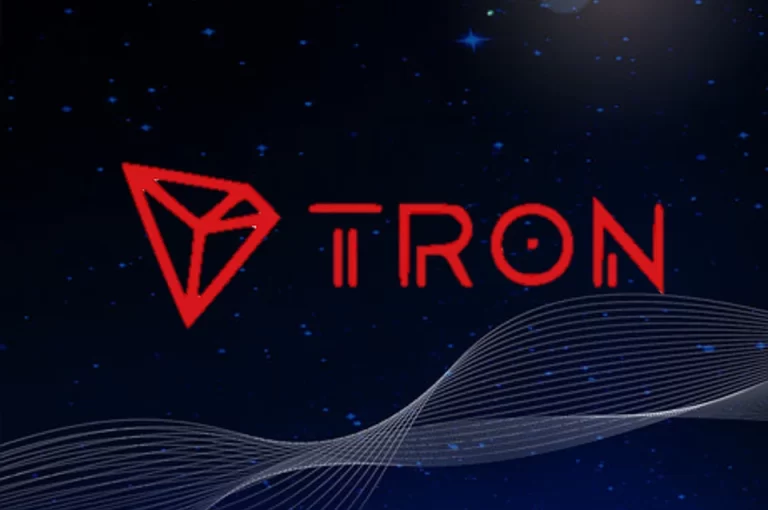Polygon Blockchain Receives Criticism as it Completes Hard Fork With Only 13 Validators

Matic, the Polygon blockchain network’s native token jumped 17% in the week after the blockchain executed a so-called hard fork to radically upgrade its infrastructure, although the move also drew criticism about whether it’s actually a decentralized network because it was approved by just 13 validators.
Only 15 Validators Overhauled the Network
Polygon, which enhances the performance of Ethereum overhauled its network on Jan. 17., aiming to boost the performance of the blockchain by reducing gas fees and the time taken to complete the transactions.Initially discussed in December 2022, the fork was supposed to be voted on by 100 validators and infrastructure providers to upgrade the network.However, in the voting process, only 15 validator teams participated, and 13 of them voted in favor of the proposal, which is extremely low as the hard fork needs a supermajority to conduct any change.
How Decentralized is DeFi?
The hard fork is hailed as a technological advancement. However, the way Polygon did it raised questions about the network’s decentralization stance and its organizational structure. There has already been some debate in the Polygon community about whether the hard fork was necessary.On Twitter, the crypto community criticized Polygon, calling it a centralized network and asking questions– how decentralized is decentralized finance, DeFi?
The Bottom Line
It’s not the first time a decentralized network has come under fire for its centralized nature.The popular Ethereum-based decentralized exchange, was criticized for delisting tokens without voting or consulting its members, raising questions about how much control creators can have in crypto.






